How “If You Could See What I See” Was Written
Every book I write gets a journal. In fact, several of my books have had many journals. I write in the journals, scribble, sketch, star the good ideas, cross out the lousy ideas, and glue in magazine photos for inspiration.
Before I write a book, I always have to figure out my gal’s occupation. That’s first. What does she do for a job? Does she like her job? Is it JUST a job, a stepping stone, or does she love it? Does she hate it? Why did she choose that occupation? I find people’s choice of jobs in real life fascinating, and it carries over to my book writing.
I then start to build my character. What is she like? Does she have a talent? Does she know the talent yet? What are her flaws? Is she a loner? Social? Married? Divorced? Outspoken, shy, quiet, sarcastic, troubled, sane, quick to fight, quick to cry?
What is her personal history? Where did she grow up? How? Bad childhood or solid and fun?
I give her family and friends. The family dynamic is endlessly interesting to me. Family relationships are a joy and, sometimes, a terror. They’re tricky, they’re beautiful, they may be the deepest relationships you’ll ever have, they may be the most treacherous and land – mine filled.
I also ask, where does she live now? What does her home look like? What does she look like? Frumpy? Stylish? Thin or curvy?
With IF YOU COULD SEE WHAT I SEE I was thinking about a few interesting elements before and during the writing process:
The sister relationship.
An off the wall mother. And sex. (I tied these two together.)
A grandma with a past. (Grandma’s were young, too. They may have secrets.)
Ireland. (Where I would like to travel to.)
Strawberries. (Tasty. I’d like some shortcake.)
Lingerie. (Too bad I don’t fit in the stuff I have anymore.)
Blood. (Bad.)
A family business. (Now that’s a ticking bomb.)
Making a documentary film. (Can I travel?)
Teenagers. (I have three of them.)
I also was thinking a lot about marriage. Having been married twenty years, I still don’t think I fully understand it.
Here’s what my main character, Meggie O’Rourke, says about marriage:
“There are many questions I have about marriage. Not that I will get married again.
When we take vows “until death do us part,” the implication is that the marriage will last until someone is residing in a coffin. But is the death of a marriage, through affairs, abuse, neglect, addictions, personality disorders, or continual misery and loneliness, also death?
 What if there were secrets you didn’t know before you married that you had a right to know? Isn’t your spouse breaking the vows before the vows are said? If so, does that mean we can walk out free and clear? When we make a commitment, is that forever, regardless of new circumstances?
What if there were secrets you didn’t know before you married that you had a right to know? Isn’t your spouse breaking the vows before the vows are said? If so, does that mean we can walk out free and clear? When we make a commitment, is that forever, regardless of new circumstances?
Is it immoral to leave a mean or neglectful spouse if he comes down with a disease because you can’t tolerate the thought of being both caretaker and punching bag?
Is it immoral to leave a mentally ill spouse who won’t agree to treatment? Even if the person agrees to get treatment, is it okay to leave? What if by staying your health fails because you’re married to someone who will never be able to function as a spouse, who will always take and take and suck the life out of you? Is it fair to expect someone to give up their entire life to stay with a mentally ill spouse?
But isn’t staying when things get tough part of marriage? The good and the bad? The lucky times and the bad surprises? Rich and poor? What about the love you had for that person on your wedding day, the commitment you made? Wouldn’t you want that person to care for you, to love you, if your life fell apart? How can you justify leaving a spouse who has an illness in his head that he did not bring on himself?
 What role do children play in a divorce? If there’s no abuse, and the spouse is a good-enough parent but a lousy mate, should we stay married, and suck it up, until the kids are grown? What do we owe our children? How much sacrifice is too much? Will a divorce simply cause a whole new set of problems, particularly for the children, and not solve anything?
What role do children play in a divorce? If there’s no abuse, and the spouse is a good-enough parent but a lousy mate, should we stay married, and suck it up, until the kids are grown? What do we owe our children? How much sacrifice is too much? Will a divorce simply cause a whole new set of problems, particularly for the children, and not solve anything?
What do we deserve in life, in marriage? Is it spoiled and entitled to even talk about “deserving more?” Is a good-enough marriage good enough? Do we expect too much?
I struggled with these questions years ago. The end result was staggeringly poor.
So. I threw all these thoughts together, plus a hundred more, daydreamed a ton, wrote a first draft, edited it eight times, sent it to my editor and agent, got their thoughts, edited it another four times during the edit/proofing/copyrighting part, had some very long and late nights, and it went out the door.
Hope you enjoy IF YOU COULD SEE WHAT I SEE.

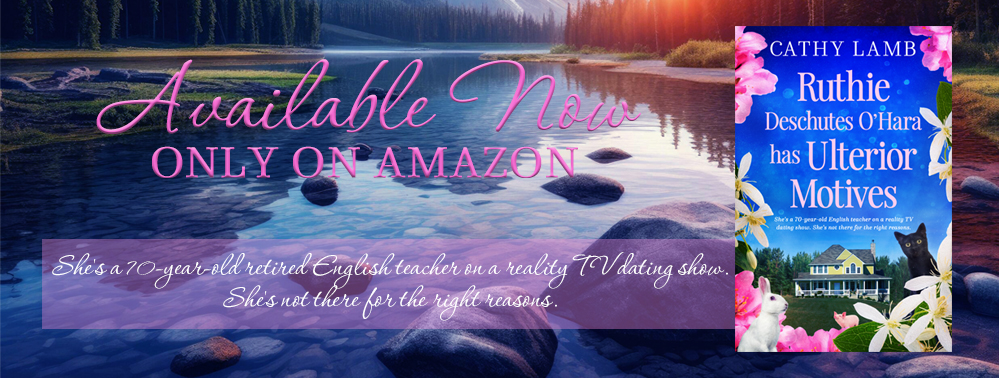
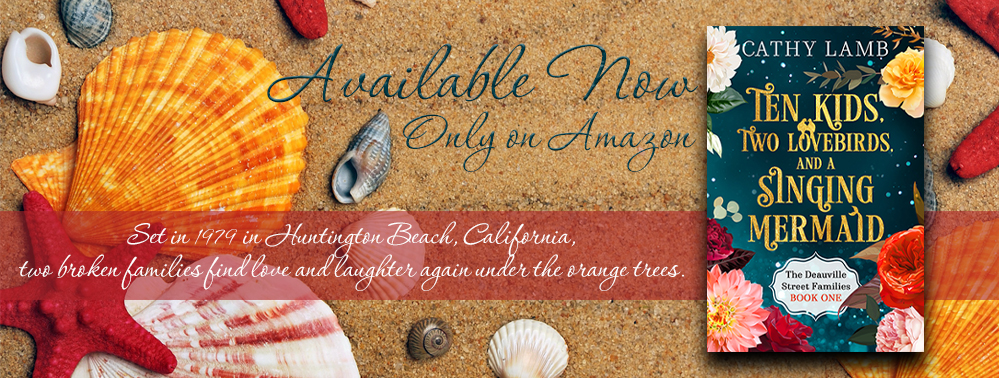

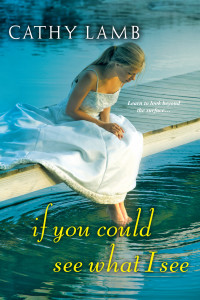







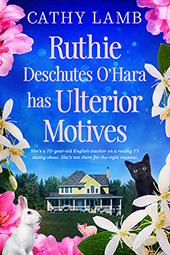
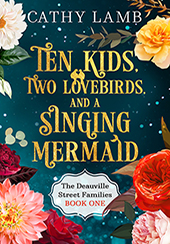
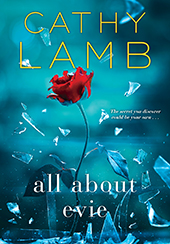
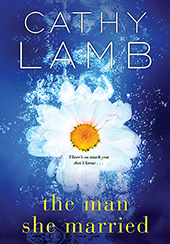
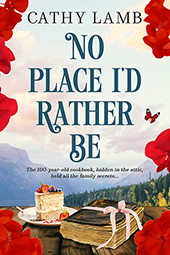
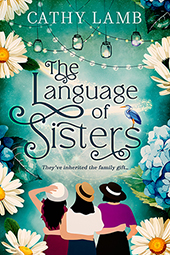
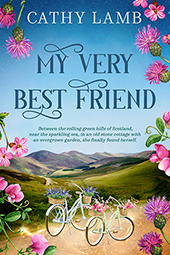
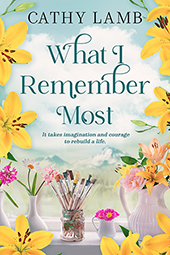
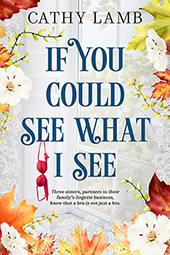
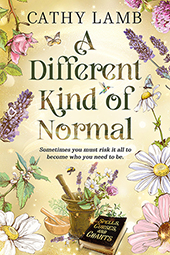
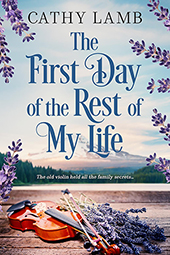
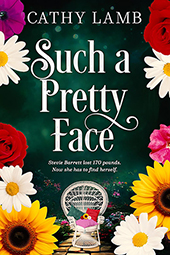
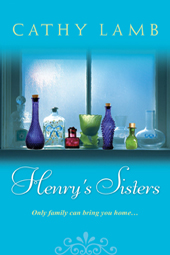
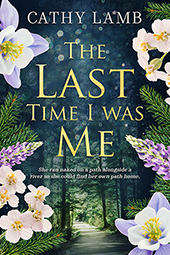
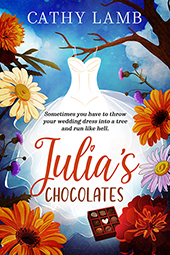

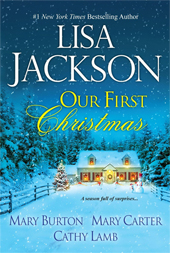
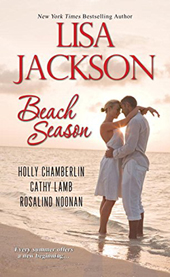
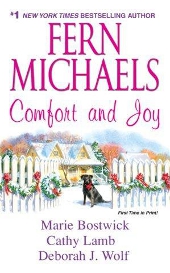
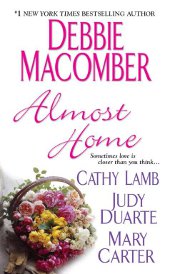


Just finished “If you could see what I see” and again, a great read. I loved all the characters, especially Grandmother O’Rourke..what style, and what a story there..I read this in 12 days.
1I wanted to stretch it out as long as I could..As always your development of characters is outstanding. Thank you again for sharing your talent!
As always, brilliant. “Meggie” now ranks as one of my very favorite characters!
2